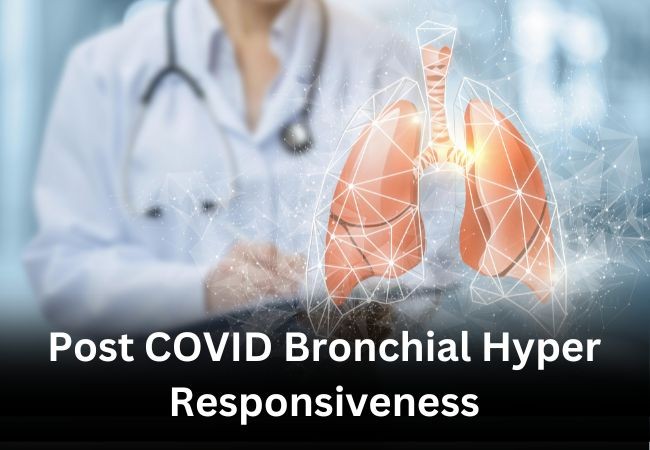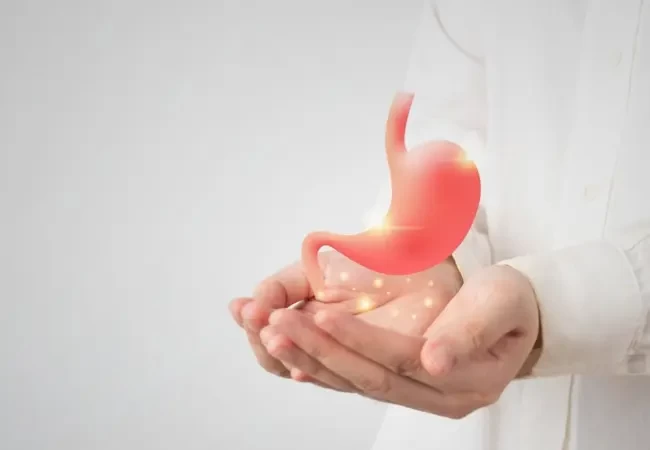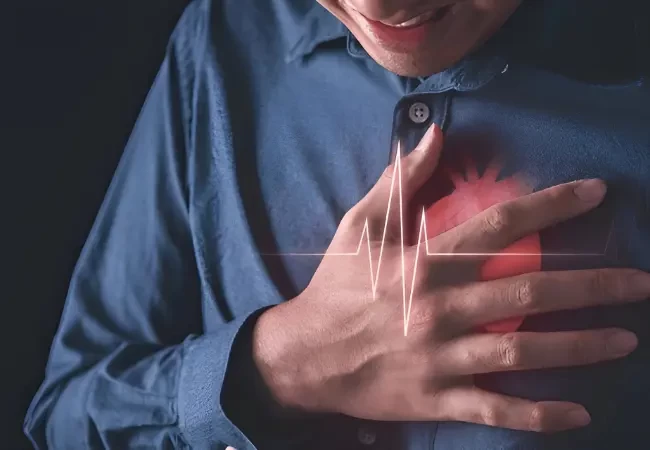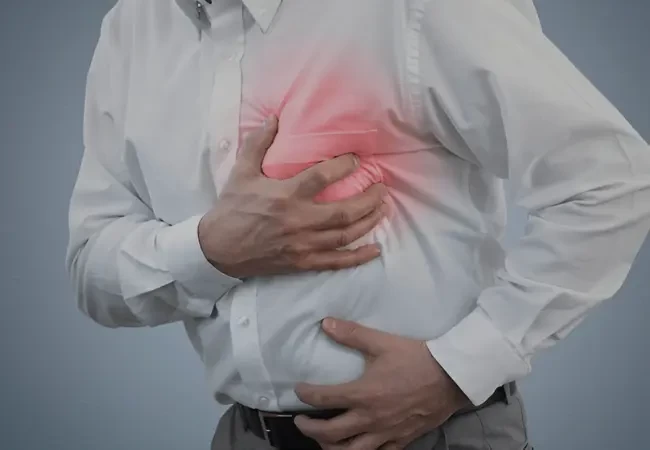After recovering from COVID-19, some people continue to face health issues. One such problem is bronchial hyper responsiveness (BHR). This condition will make the airways in the lungs extremely sensitive. When the airways are sensitive, they will easily become narrow or swollen which makes it difficult to breathe. BHR is similar to asthma and can be triggered by various factors. Keep on reading to know more about it.
Bronchial hyper responsiveness is nothing but the airways in the lungs overreact to certain triggers. Triggers will include cold air, dust, smoke, exercise or strong smells like perfume. When these triggers are present, the muscles around the airways tighten, the airways swell and mucus may be produced. This combination will make it hard to breathe which causes symptoms like coughing, wheezing and shortness of breath.
COVID-19 is mainly a respiratory illness that affects the lungs. When someone gets COVID-19, the virus can cause inflammation in the lungs. Inflammation is the body’s way of fighting off infections but it can also damage healthy tissue. In the case of COVID-19, the inflammation can damage the lining of the airways which makes them more sensitive. Even after recovering from the virus, this sensitivity will remain which leads to bronchial hyper responsiveness.
People with post-COVID BHR may experience various symptoms like:
These symptoms can vary in intensity and may come and go. They can be mild or severe and can significantly impact daily life.
To diagnose bronchial hyper responsiveness, doctors use some tests which are as follows:
There is no cure for bronchial hyperresponsiveness but the symptoms can be managed effectively. Here are some common treatments and strategies:
Living with a chronic condition like BHR requires careful management and awareness. Check out some tips to manage the condition right below:
Post-COVID bronchial hyperresponsiveness is a condition that can affect people even after they have recovered from COVID-19. It causes the airways to become overly sensitive which leads to symptoms like coughing, wheezing and shortness of breath. There is no cure but the condition can be managed with proper treatment, lifestyle changes and support. By understanding the condition and working closely with healthcare providers, you can lead a more comfortable and active life. If you or someone you know is experiencing symptoms of bronchial hyperresponsiveness, it is important to seek medical advice and take steps to manage the condition effectively.
You can go to EMC, the best hospital in Kochi, to get the right treatment for your BHR after COVID recovery. Our team of top pulmonologists in Ernakulam specializes in lung and respiratory diseases. It is closely related to internal medicine and often involves intensive care, especially for patients who need help with breathing machines. We use tools like bronchoscopy to treat lung problems. Our team in Kochi works together to offer you complete care for the respiratory system which ensures the best care is always available.


Discover the truth behind common plastic surgery myths. Learn what's real, what's outdated, and how modern procedures truly work.

A step-by-step overview of GI surgery, covering what to do before surgery, what happens in the OR, and how to ensure a strong recovery.

Learn about cancer, its early signs, and prevention tips to lower your risk. Early detection saves lives—stay informed, take proactive steps, and protect your health.

Discover why a skilled pediatrician is essential for your child's growth, development, and overall well-being, from infancy through adolescence.

Discover how dermatology can help tackle acne, slow aging, and treat various skin conditions for healthier, more radiant skin.

Discover common childhood allergies, their symptoms, and management tips. Stay informed to keep your child safe and healthy.

Your liver plays a vital role in metabolism, digestion, immunity, and detoxification. Learn how liver health affects your body and ways to maintain its function.

Strong bones support your body and protect your health. Discover simple diet, exercise, and lifestyle tips to maintain bone strength at any age.

Discover the symptoms, causes, and treatment of hypertensive heart disease. Learn how high blood pressure affects your heart and when to seek medical care.

Learn about chest pain symptoms, causes, and treatments. Know when to seek medical help for a healthier heart.